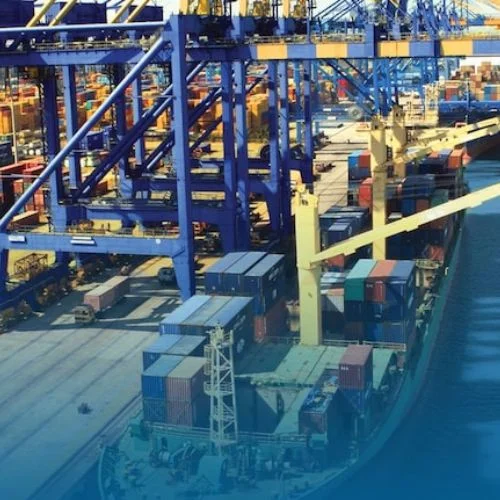China and Russia pushed for deeper commercial relations even while the conflict in Ukraine raged on, and on Friday, Chinese customs data showed that China’s two-way commerce with Russia in 2023 reached $240 billion, establishing yet another record.
Russia, an energy exporter currently subject to Western sanctions, has found itself in a crucial economic lifeline thanks to China, one of the world’s largest oil customers. Moscow has also increased its purchases of Chinese goods as European and American manufacturers have pulled out of the Russian market, ranging from cell phones to cars.
China’s General Administration of Customs said that trade between China and Russia denominated in dollars reached $240.1 billion in 2023, up 26.3% from the previous year.
According to customs data, Chinese shipments to Russia increased by 64.2% in 2023 compared with 2021, the year before the Russia-Ukraine war, and by 46.9% in 2023 compared with a year earlier.
Russia’s imports increased by 13% in 2022 compared to 2023
According to Russian Deputy Prime Minister Alexander Novak, half of Russia’s oil and petroleum exports in 2023 have gone to China, as reported by Russia’s official news agencies in late December.
The data on oil imports from Russia for the month of December was not made public by Chinese customs.
Several bilateral meetings were held between leaders and officials of the two nations last year, who praised their “no-limits” alliance.
Chinese Ambassador to Russia Zhang Hanhui stated to the Russian state news agency on December 19 that Beijing plans to increase energy cooperation with Russia along all stages of production.
China has expanded the use of yuan to purchase Russian goods, even as Russia increases Chinese yuan payments for imports in the face of Western sanctions.
According to customs data, the value of two-way trade between China and Russia was 1.69 trillion yuan ($235.90 billion) last year, an increase of 32.7% from the previous year.
Additionally, As China’s yearly exports declined for the first time in seven years, Asian markets slumped, but Japanese stocks defied the trend and continued their historic rise.
The Hang Seng index in Hong Kong fell 0.61%, and the CSI 300 in mainland China closed at 3,284.17, down 0.35%.
China’s consumer price index dropped by 0.3%, which was less than the 0.5% decline observed in November and less than the 0.4% decline predicted by an economist survey cited by Reuters.















